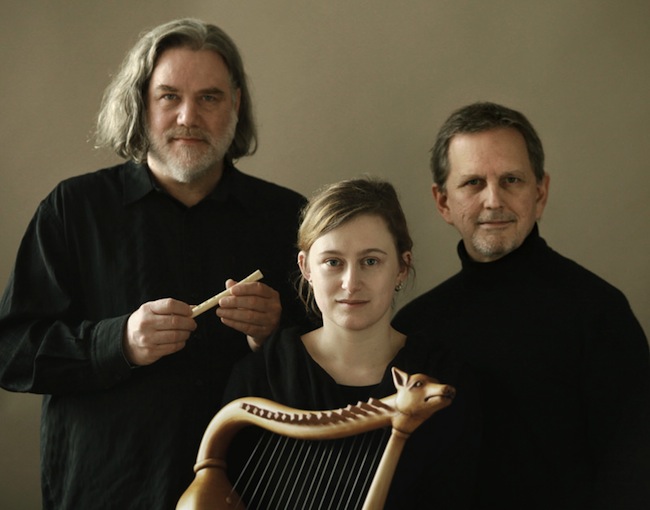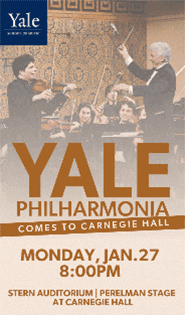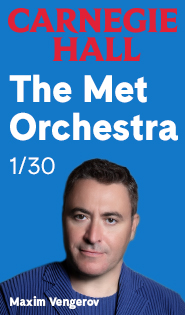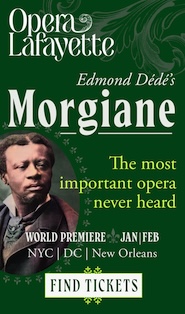Sequentia makes an ancient world timeless and transcendent

Sequentia performed Sunday at Corpus Christi Church, presented by Music Before 1800.
In any other context, Sequentia would be a rock band. This trio that plays Medieval is “classical” almost by the default classification of things that are old. Still led after 40 years by founder Benjamin Bagby, they are like The Police, another trio with a charismatic front man that played songs with a high level of musicianship.
Delivering a one-of-a-kind event Sunday afternoon in Corpus Christi Church for the final regular season concert presented by Music Before 1800, Sequentia simply performed songs. The distinction between art music and songs that were sung informally, often by what we think of as amateurs and with no real composer, mattered.
The program, “Monks Singing Pagans,” is the latest facet in Bagby’s Lost Songs Project. This is the musicological and philological reconstruction of Medieval music and the tradition of performing narrative poetry. The project has already delivered a performing reconstruction ofBeowulf, a recording of the Icelandic Edda and a collection of music about what was thought to be the End Times date of 1000 A.D.
What Sequentia brilliantly illuminated Sunday was the intellectual side of monastic life, the preservation of ancient thought that became the foundation for Western civilization. These monks, through copying texts and singing, made the stories of Antiquity, of Orpheus and Hercules, meaningful for their contemporaries, and Sequentia’s performance made this directly and vividly meaningful.
Bagby and Hannah Marti sang and played various modern replicas of Medieval harps, while Norbert Rodenkirchen played a wooden flute, a swan-bone flute, and a sheep-bone flute. Sequentia is a quiet group but their sound is full of substance, edged by the contrast between Bagby’s resonant, slightly throaty baritone, and Marti’s perfectly centered, liquid soprano. This music uses modes and harmonies are spare—the harps maintained lively Medieval rhythms, while Rodenkirchen played melodious accompaniments and responses to the singing.
The concert began with music that set waning paganism against waxing Christianity. The very first song was a Saxon baptismal oath for pagan converts (sung in Old High German; Bagby and Marti covered that, Old English, and Latin in the performance), calling on them to renounce Wodan, Donner, and Saxnot.
This was part of a set rounded out by songs meant to cast spells against diseases (“Get out worm, with your nine little worm babies”), injuries, and threats. One was struck not just by the charm and fascination of hearing this, but in how familiar and contemporary was the magical thinking.
This was reinforced by the more lyrical second set, “Fortuna and Philosophia.” With this the most common sources for text became the Carmina Burana and Boethius, taken from both the Consolations of Philosophy and the early 11th century Cambridge Songs. Bagby noted in the program that Sequentia had transcribed the Cambridge’s “enigmatic notation” for the first time, and that the songs had not been heard for 1,000 years until Sunday.
With the philosophical turn, the music lost none of its earthiness, but gained exponential depths of expression and beauty.
Fortuna could elevate a poor man, and turn a “loudmouth into a statesman,” but she could not save Boethius, only help him accept his fate. So the laments came: a gorgeous performance of “Carmina qui quondam,” in which Philosophy consoled Boethius; the lament of Dido, heard through “O decus, o Libie regnum;” and music about Orpheus.
Marti sang an extended narration of the death and transformation of Orpheus, “Collis erat collemque,” from the Metamorphosis. Crossing the contingent line between declamation and song, this was the musical high point of the concert and the epitome of Sequentia’s art.
Marti reconstructed the song with melodic material from other 12th-century settings of poetry from Antiquity, and used that as a platform for an enthralling improvisation. Her singing felt perfectly formed, with complete integration of the drama of poetry and music.
She wrote in the program, “each performance presents a unique version, combining textual pacing with internalized melodic gestures…Approaching singing and music-making in this way allows for a deeper understanding of a musical mind-space in the Middle Ages.” Sequentia realized this idea, which made the concert so fascinating and fulfilling.
The tales from classical history seem abstracted and quaint to us. But in an epoch when time felt cyclical, the themes and details of Cleopatra and Dido, Orpheus, and Hercules, were real and relevant to everyday life, and it seemed they would always be so.
And so it is. Hercules has vanished from cultural thinking, but songs are still about love, loss, heroes, hope, and well-being. Sequentia’s art is the original rock, and remains timeless.
Music Before 1800 celebrates its 42nd year with a benefit gala concert featuring Ruth Cunningham May 23. mb1800.org



Posted Aug 23, 2019 at 7:35 pm by John Macdonald
This review accurately mirrors my experience and brings back a number of feelings aroused by Sequentia’s superior artistic ability. Goethe said the art reveals something that would otherwise remain forevcer hidden. Through their art Sequentia brings some of that to consciousness.